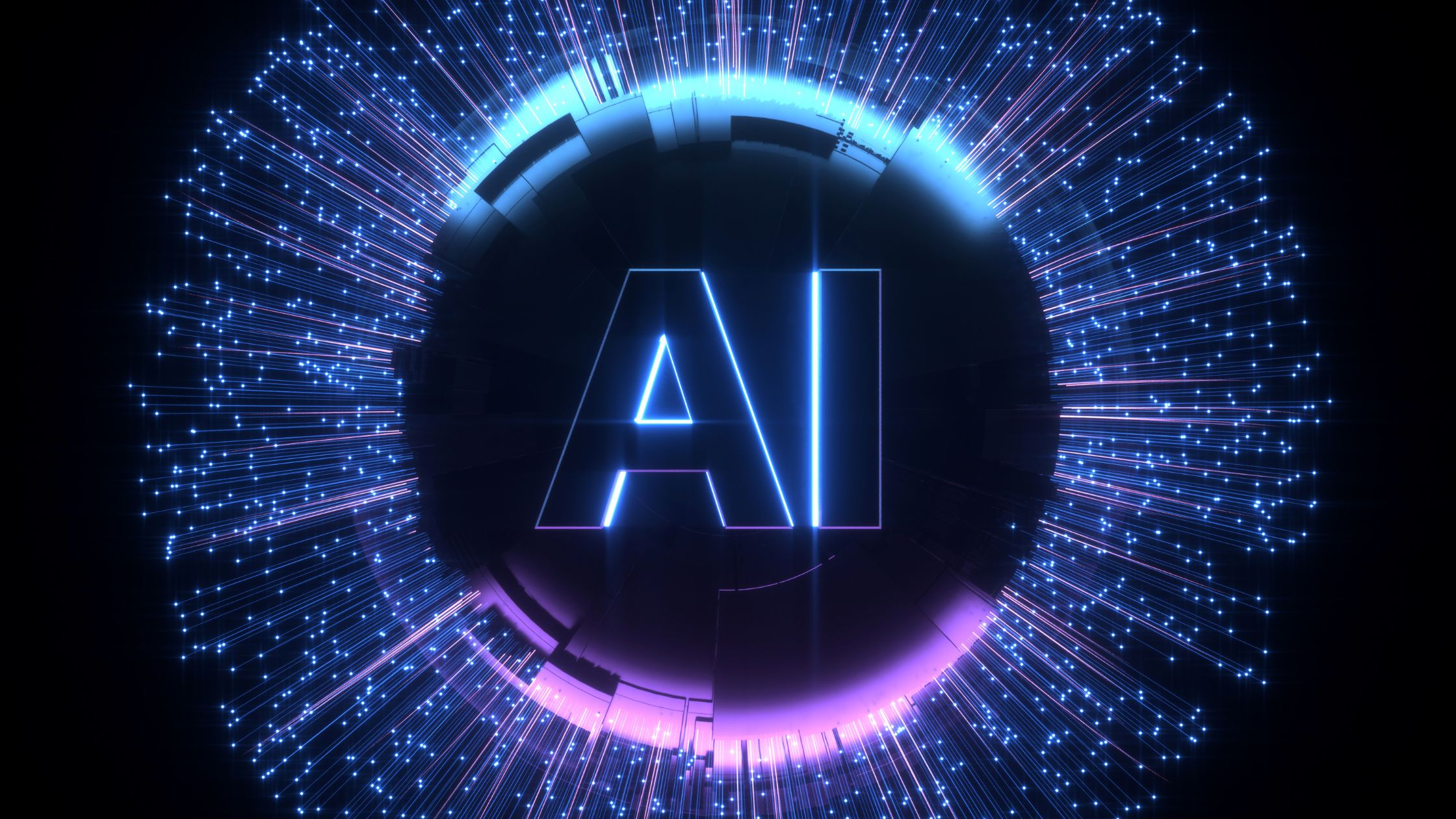
The United Kingdom is set to host a significant artificial intelligence (AI) summit, aiming to address the rapid advancements in AI technology and its implications on a global scale. The event, scheduled for November 1 and 2, will see participation from government officials, tech giants, and AI experts from around the world.
Key Takeaways:
- The two-day AI safety summit will be held at Bletchley Park, a historic landmark located 55 miles north of London.
- Attendees include representatives from the U.S., China, and other global powers, emphasizing the international nature of the AI conversation.
- The summit's primary goal is to establish international coordination on ethical and responsible AI development.
- Prime Minister Rishi Sunak aims to position the U.K. as a leader in the global AI discourse and its regulation.
- Concerns about AI replacing human intelligence have intensified since the introduction of Microsoft-backed OpenAI's ChatGPT.
Historic Venue with a Message
The choice of Bletchley Park as the summit's venue is symbolic. The site, where British scientist Alan Turing and his team cracked Nazi Germany's Enigma machine during World War II, underscores the U.K.'s rich history in technological innovation and its desire to lead in the AI domain.
A Global Conversation on AI
The summit's agenda is comprehensive. It seeks to address the ethical and responsible development of AI models, particularly the advanced large language models (LLMs) like those developed by companies such as OpenAI and Cohere. The discussions will revolve around the potential misuse of AI, such as its use in creating undetectable malware or aiding in the development of bioweapons. Another focal point is the risk of humans losing control over the AI they create.
Who's Attending and Who's Not
The event boasts a star-studded attendee list, including Microsoft President Brad Smith, OpenAI CEO Sam Altman, and U.S. Vice President Kamala Harris, among others. However, notable absences include U.S. President Joe Biden and French President Emmanuel Macron. Despite these absences, the U.K. government remains confident in the summit's potential impact.
The Road Ahead
Prime Minister Sunak's vision for the summit is clear: to foster a global understanding of AI's opportunities and risks. He envisions the U.K. playing a pivotal role in shaping AI's future, emphasizing safety, ethics, and responsible development. Sunak's recent announcement about the establishment of the world's first AI safety institute further underscores the U.K.'s commitment to understanding and mitigating AI risks.
However, the summit isn't without its critics. Some industry insiders believe its focus is too narrow, concentrating only on frontier AI models. They argue that this approach overlooks the broader tech community's contributions.
A Delicate Balance
The U.K.'s decision to invite China, a global AI leader, has raised eyebrows, especially given the ongoing tech and trade tensions between China and the U.S. The challenge lies in fostering international coordination on AI, a complex technology with multifaceted implications.
The European Union is on track to finalize its AI Act by the end of the year, aiming to be one of the first legislations specifically targeting AI. Meanwhile, in the U.S., President Biden recently issued an executive order on AI, emphasizing safety assessments and research into AI's labor market impact.
Conclusion
The U.K. AI summit is a testament to the growing importance of artificial intelligence in the global landscape. As nations grapple with the challenges and opportunities presented by AI, events like this summit pave the way for collaborative solutions, ensuring that AI's benefits are realized while its risks are mitigated.

